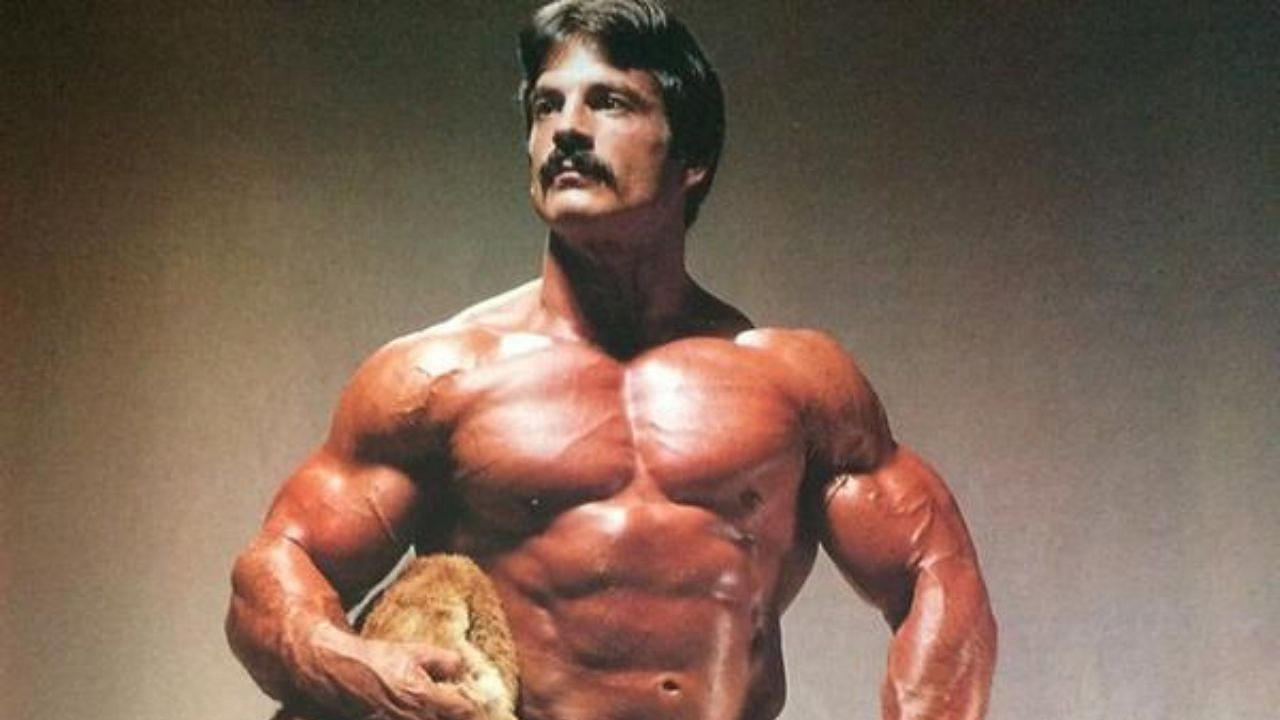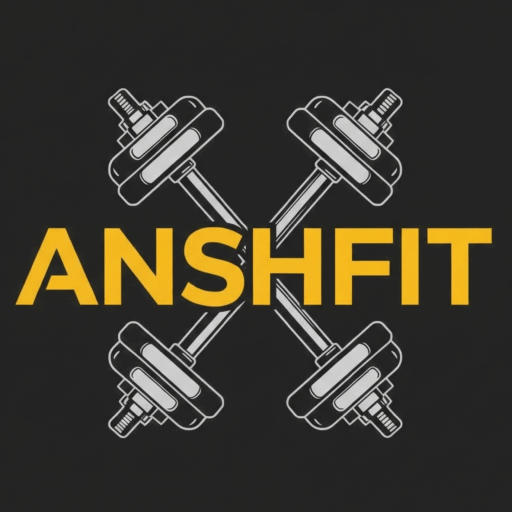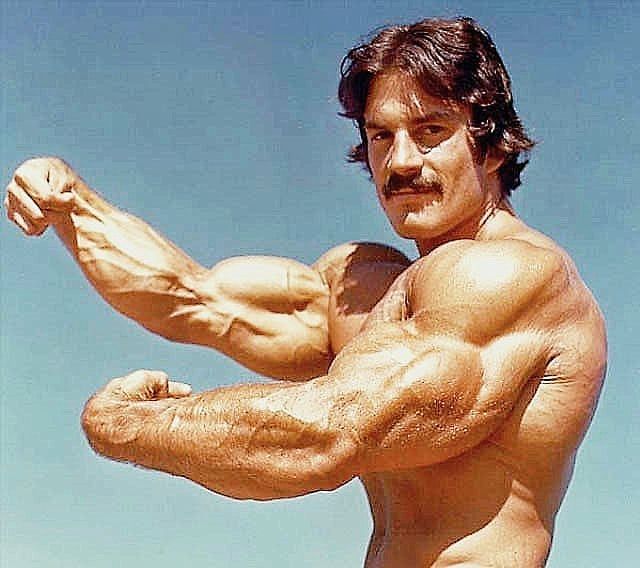Intermittent Fasting and Mentzer’s Recovery Philosophy: Do They Match?
A Deep Dive by AnshFit

In the modern fitness world, intermittent fasting (IF) has become a popular trend, praised for its fat loss benefits, simplicity, and potential health advantages. However, the question arises: Would Mike Mentzer, the pioneer of rational bodybuilding through his Heavy Duty system, have approved of intermittent fasting as a recovery tool? Does fasting gain muscle or even maintain the muscle mass one possesses?
At AnshFit, where we explore training and nutrition through Mentzer’s sharp, logical lens, we dive deep into understanding whether intermittent fasting and Mentzer’s recovery philosophy truly align — or if they stand opposed.
Mentzer’s Core Recovery Principles –

To answer this, we must first understand the central pillars of Mentzer’s approach to recovery:
- Recovery is the Foundation of Progress
- Without full recovery, muscle growth cannot occur, no matter how intense the training stimulus.
- Nutrient Timing Matters
- Providing the body with necessary building blocks (amino acids, carbohydrates, fats) consistently is essential for optimal repair and growth.
- Energy Surplus Facilitates Muscle Recovery
- Recovery is energy-intensive; the body requires not just enough calories, but enough quality nutrients to support it.
- Rest and Minimizing Stress Are Critical
- Physical rest, mental relaxation, and low systemic stress enhance recovery.
In short, recovery, in Mentzer’s system, demands consistency, adequacy, and precision in nutrition and rest.
What is Intermittent Fasting?

Intermittent Fasting involves cycling between periods of eating and periods of fasting, most commonly using methods like:
- 16:8 (16 hours fast, 8 hours eating window)
- 18:6 or 20:4
- One Meal A Day (OMAD)
Advocates claim that IF can:
- Improve insulin sensitivity
- Promote fat loss
- Enhance mental clarity
- Support autophagy (cellular cleanup)
However, its impact on muscle gain and recovery is more nuanced.
The Potential Conflict: Recovery vs. Fasting – Does fasting gain muscle

1. Limited Nutrient Availability
Mentzer believed the body needs a steady, adequate supply of nutrients to fuel recovery from intense Heavy Duty sessions.
Fasting, by design, delays nutrient intake for hours, potentially slowing muscle protein synthesis.
2. Caloric Sufficiency
Fasting often reduces total caloric intake, sometimes unintentionally.
For individuals seeking maximum muscle recovery and growth, this poses a major problem: a calorie deficit can stall or even reverse recovery.
3. Hormonal Considerations
While short fasts may slightly boost growth hormone levels, prolonged fasting can elevate cortisol, a catabolic hormone that breaks down muscle tissue — exactly the opposite of what a recovering Heavy Duty trainee wants.
Could Intermittent Fasting Ever Fit Mentzer’s Model? – Does fasting gain muscle

Mentzer was not rigidly dogmatic — he valued individual experimentation within a rational framework.
Thus, certain modified forms of intermittent fasting might align with his philosophy, under strict conditions:
1. Sufficient Calories and Macros During Feeding Window
If one can consume the necessary complete proteins, quality carbs, and clean fats within the eating window, recovery might not suffer.
However, cramming 3,000–4,000 clean calories into a 6–8 hour window is extremely challenging.
2. Proper Post-Workout Nutrition Timing
Mentzer emphasized that nutrient replenishment after a Heavy Duty session is critical.
A fasting protocol that delays post-workout nutrition would contradict his views on maximizing recovery efficiency.
Thus, if someone trains and eats immediately afterward — and not hours later — they could theoretically combine Heavy Duty training with intermittent fasting.
3. Stress Management
If intermittent fasting leads to excessive hunger, irritability, or sleep disturbances, it would impair recovery — violating Mentzer’s principle of maintaining low systemic stress.
Practical Scenarios – Does fasting gain muscle
Best-Case Scenario for Compatibility:
- Fast in the early hours.
- Train late morning or afternoon.
- Break the fast with a large, recovery-focused meal immediately post-workout.
- Consume several dense meals before fasting again.
Worst-Case Scenario for Compatibility:
- Training during a fasted state.
- Delaying nutrition for hours post-workout.
- Chronic calorie deficit.
- High mental and physical stress due to hunger or fatigue.
Clearly, the first scenario has some chance of aligning with Mentzer’s rational model, while the second does not.
Mentzer’s Likely Verdict

Given his rational, empirical mindset, Mentzer would have approached intermittent fasting cautiously.
He likely would have said:
- If intermittent fasting allowed an individual to maintain adequate calorie and nutrient intake, without impairing recovery, it could be acceptable.
- If intermittent fasting led to suboptimal recovery, stress, or insufficient nutrition, it should be abandoned immediately.
Mentzer prioritized results over trends and rationality over fads.
His core belief remained: The ultimate standard is always objective progress — not adherence to a fashionable method.
Final Thoughts: Recovery is Non-Negotiable

At AnshFit, inspired by Mike Mentzer’s insights, we conclude:
Recovery demands consistent nourishment.
Muscle growth demands full systemic support.
While intermittent fasting offers certain benefits for fat loss or metabolic health, it must never compromise recovery — especially in a Heavy Duty program where training is brief, infrequent, but brutally intense.
If you choose to experiment with fasting, do so with Mentzer’s logical rigor:
- Track your recovery objectively (strength gains, energy levels, body composition).
- Prioritize nutrient quality and timing.
- Never sacrifice long-term muscle growth for short-term dietary trends.
In the end, the goal is not to fast. The goal is to grow.
For more Mentzer-based training and nutrition strategies, subscribe to AnshFit — your home for rational, result-driven fitness.


